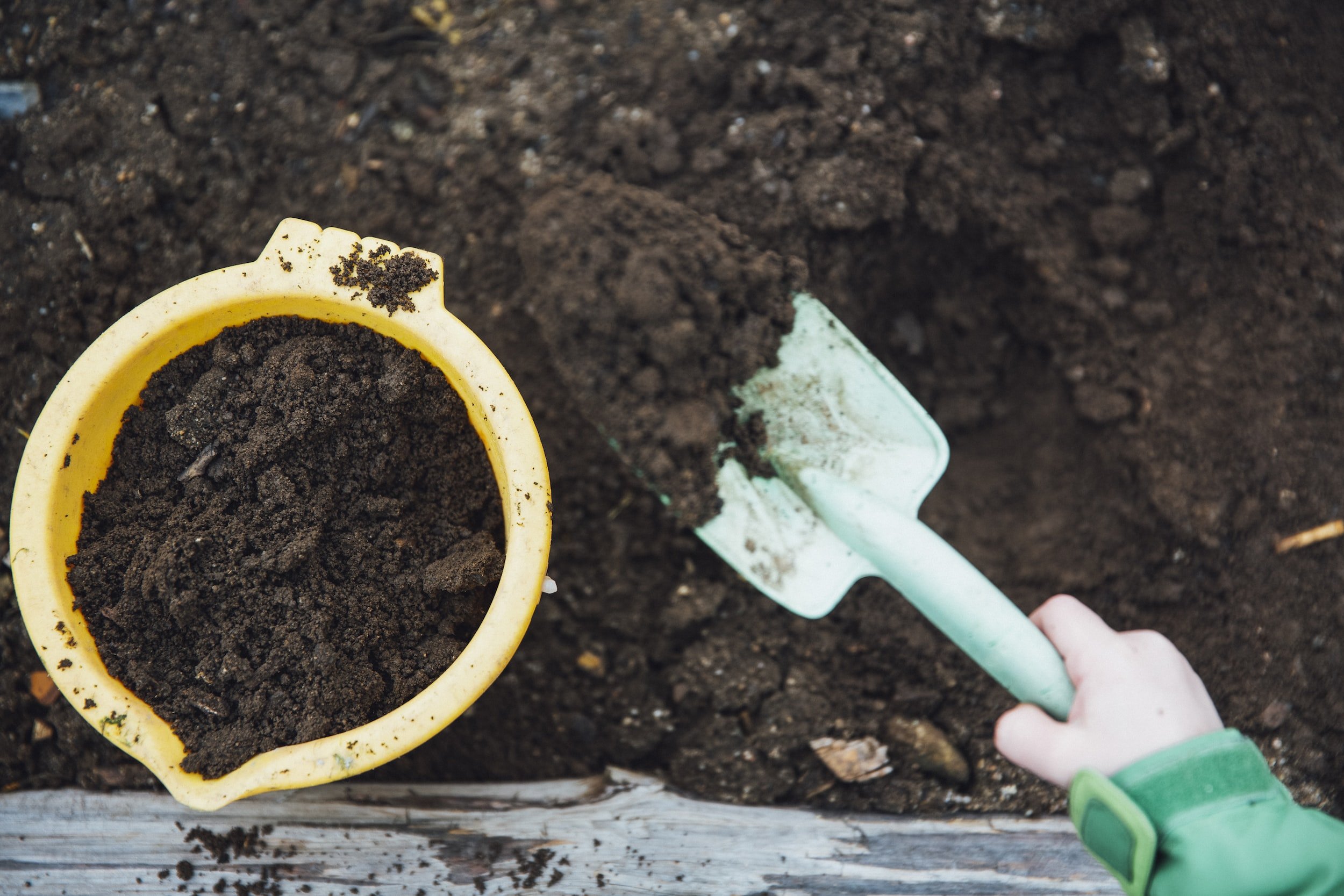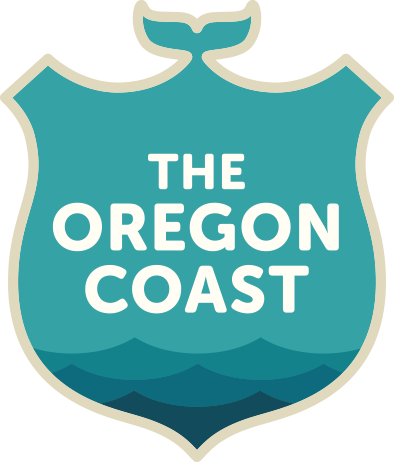
the environment
Across the globe, consumers are making more conscientious food choices to reduce their carbon footprint. Oregon’s food industries have a special opportunity to support this trend by increasing the availability of local foods, saving the atmosphere from the carbon cost of food transportation.
quick facts
24% of anthropogenic carbon emissions are from the food sector (Source)
Wild seafood has a lower carbon footprint than red meat, cheese, and chicken (Source)
Re-importing (shipping seafood overseas for processing, and then shipping the processed seafood back to the USA for consumption) nearly doubles the carbon footprint of our food. For example, China took 31% of all American seafood exports in 2018. Of that, about 57% came back after processing to the U.S (Source)
Sourcing Oregon’s seafood from Oregon saves on transport costs and timelines, and can reduce carbon emissions by 76%! (Source)
get involved
-

100% Fish
Support businesses exploring value-added approaches for utilizing the entire fish product, such as repurposing fish skins for dog treats, bone meal crab bait, and other traditionally disposed byproduct as compost .
-

Hybridize coastal transportation
Food systems heavily rely on transportation infrastructure to get product from harvest to processing and retail. Engage with efforts to hybridize coastal transportation infrastructure, such as construction of charging stations.
-

support 'greening of the fleet'
Provide funding and incentives to support monitoring of environmental impacts and shifts to greener technology. For example, provide an incentive for fishing boats to track and report their fuel usage.
-

local catch special
Research indicates the restaurant consumers will eat the special 30-40% of the time, regardless of the dish. Incentivize the consumption of local seafood species by always offering a “Local Catch Special”. This also supports consumption of seasonally-appropriate foods.

